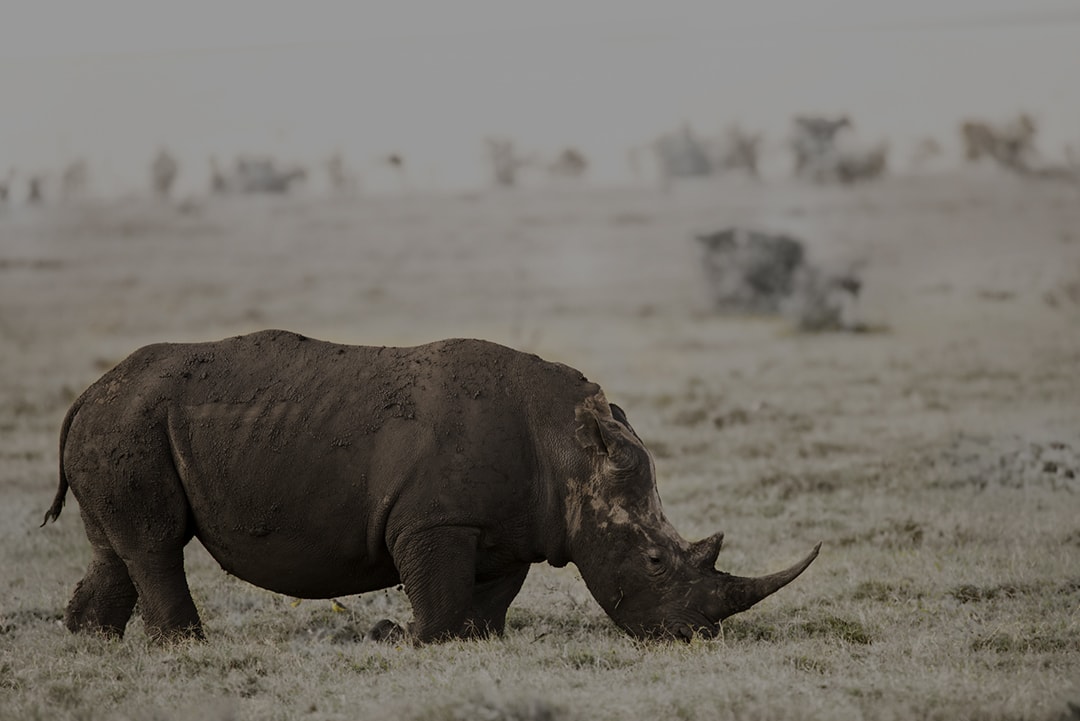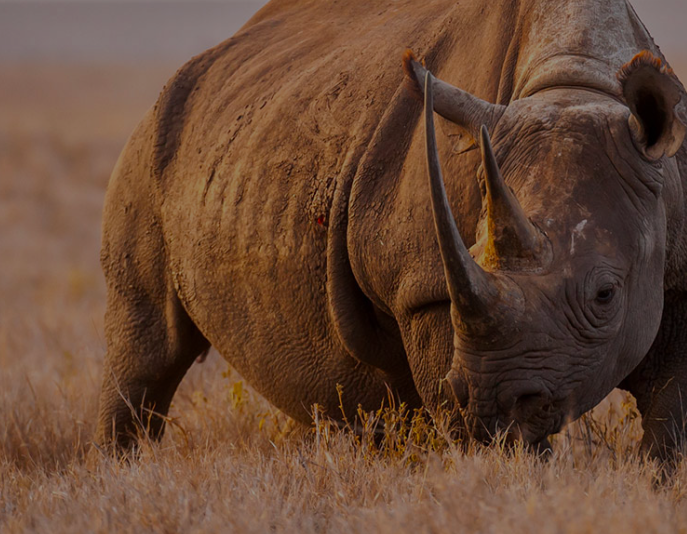 Lewa Wildlife Conservancy in north-central Kenya ended 2020 with a rhino baby boom and a sense of hope for the future of the endangered animal. Lewa’s Conservation & Research department recorded the birth of six rhino calves between October 15 and December 29, bringing the total number of animals on the Lewa-Borana Landscape to 113 black and 101 white rhinos.
Lewa Wildlife Conservancy in north-central Kenya ended 2020 with a rhino baby boom and a sense of hope for the future of the endangered animal. Lewa’s Conservation & Research department recorded the birth of six rhino calves between October 15 and December 29, bringing the total number of animals on the Lewa-Borana Landscape to 113 black and 101 white rhinos.
The new mothers (two black rhinos and four white rhinos) included some first timers like Kagwiria, a nine-year-old black rhino who delivered a calf fathered by a bull named Elvis. The other first-time mum was a seven-year-old white rhino named Emso, whose calf was fathered by a bull named Imado.
Among the older new mums were Calisto, a 21-year-old black rhino who gave birth to her sixth calf, and 28-year-old Rinta, a white rhino who delivered her eighth calf. Amazingly, all of Rinta’s calves have survived and are still at Lewa.
The new babies are yet to be named. The Lewa research program anticipates their naming will occur via the Adopt-a-Rhino, a fund that gives sponsors the unique chance to “adopt” and therefore name a rhino. By becoming “parents” supporters also get regular updates on their babies, not to mention the chance to participate in conservation.
In return, funds raised through Adopt-a-Rhino help to offset the cost of nurturing and protecting Lewa’s rhino population, a cost that constitutes 50% of the conservancy’s annual budget. As a result of these efforts, the rhino population on the Lewa-Borana Landscape has increased by 25% in the last four years.
For more information: https://www.lewa.org/adopt-a-rhino/

0 Comments